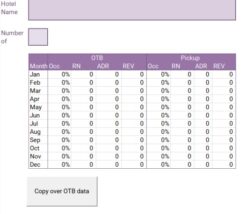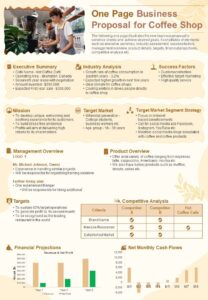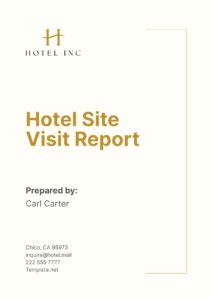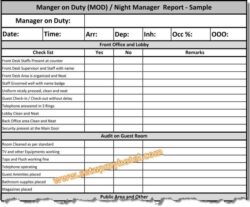Life as a hotel operations manager is a whirlwind, isn’t it? You’re juggling everything from guest satisfaction and staff management to maintenance schedules and revenue targets, all while making sure the coffee machine in the lobby is actually working. It’s a demanding role that requires constant vigilance and, crucially, clear, concise communication about the state of your operations.
In such a fast-paced environment, staying on top of all the moving parts can feel like an impossible task without the right tools. You need to quickly assess what’s going well, identify potential issues before they escalate, and communicate vital information to your team and upper management. This is where the magic of a well-structured reporting system truly shines, transforming chaos into clarity.
Imagine having a reliable way to gather, organize, and present all that critical data without spending hours wrestling with spreadsheets. That’s precisely the power of having a dedicated report template at your fingertips. It’s not just about creating a document; it’s about streamlining your entire operational oversight, making your job easier and your decisions smarter.
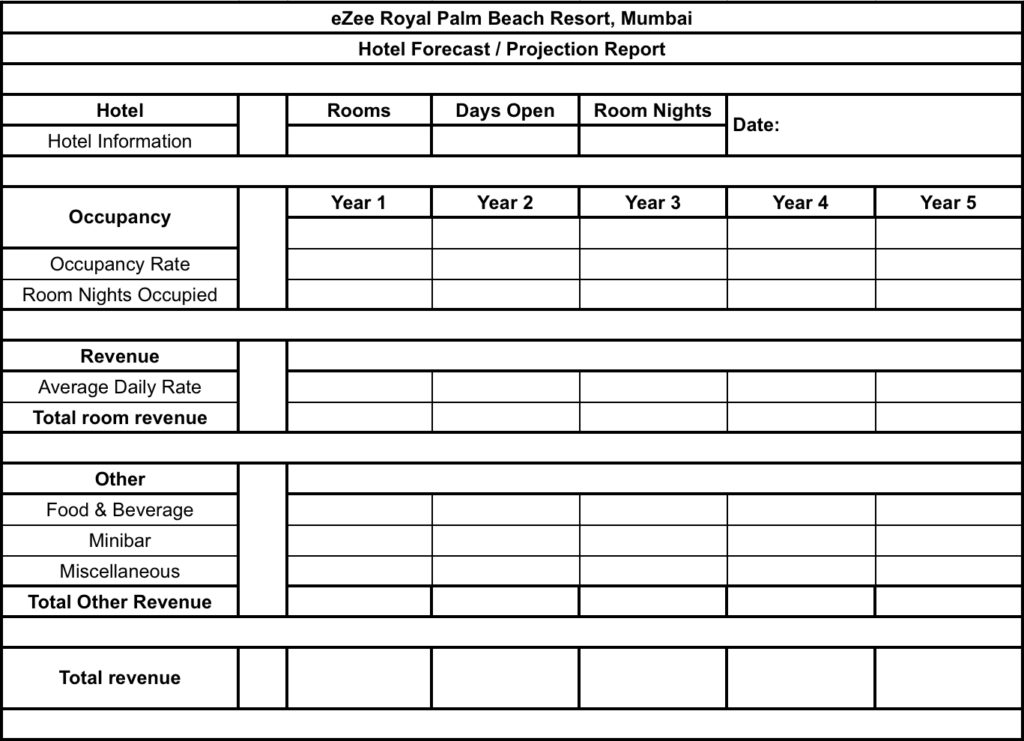
Why a Solid Report Template is Your Best Friend
In the bustling world of hotel management, information is power, and organized information is pure gold. A well-designed report template serves as your compass, guiding you through the daily intricacies of running a hotel. It ensures that every critical piece of data, from staffing levels to guest feedback, is captured consistently and coherently, making it much easier to spot trends, address challenges, and celebrate successes.
Think about the time you currently spend compiling various pieces of information from different departments. A standardized template cuts down this time drastically. Instead of starting from scratch every day or week, you simply fill in the blanks, ensuring no important detail is overlooked. This consistency also means that anyone reviewing the report, be it a department head or the general manager, knows exactly where to find the information they need, fostering better communication across the board.
Key Components of an Effective Template
What exactly makes a report template truly effective for a hotel operations manager? It’s all about relevance and clarity. Your template should be designed to capture the most impactful metrics and operational updates that directly influence your hotel’s performance and guest experience. It should allow for both quantitative data and qualitative observations, painting a full picture of your hotel’s daily life.
Consider what information you and your team regularly need to make informed decisions. This often includes a mix of financial, operational, and guest-centric data. The goal is to create a living document that evolves with your hotel’s needs, providing a snapshot of performance at a glance and highlighting areas that require immediate attention.
Here are some essential elements to consider incorporating into your hotel operations manager report template:
- Occupancy Rates: Current, forecast, and year-over-year comparisons.
- Revenue Per Available Room (RevPAR): Daily, weekly, and monthly figures.
- Guest Feedback Scores: From surveys, online reviews, and direct comments.
- Staffing Levels & Incidents: Daily attendance, shift changes, training updates, and any employee-related incidents.
- Maintenance Issues: New requests, ongoing projects, and completed repairs.
- Marketing & Sales Updates: Current promotions, booking channel performance, and future strategies.
- Operational Notes: Any significant events, challenges, or successes from the various departments (front desk, housekeeping, F&B).
- Financial Snapshots: Daily sales, expenses, and budget adherence.
By having these sections clearly defined within your template, you streamline the reporting process, ensuring that everyone involved understands what information is needed and why. This not only saves valuable time but also enhances the accuracy and reliability of your operational insights, leading to more strategic decision-making.
Crafting Your Custom Report Template
While a generic template can be a good starting point, the real power comes from tailoring a hotel operations manager report template to fit the unique rhythm and requirements of your specific property. Every hotel has its own quirks, its own high-traffic areas, and its own key performance indicators that truly matter. Taking the time to customize your template means it will truly serve as an invaluable tool, not just another piece of paperwork.
Think about the specific challenges and priorities of your hotel. Do you have a large convention center that requires detailed event reporting? Is your property heavily reliant on F&B, necessitating more in-depth restaurant performance metrics? Involving your department heads and team members in the design process can also yield incredible insights. They are on the front lines and know exactly what information would be most useful to track and report on, making the template more practical and user-friendly for everyone.
Whether you opt for a digital solution like a shared Google Sheet or a more traditional Excel document, consistency is key. Establish clear guidelines for data entry, define terminology to avoid confusion, and decide on a regular reporting frequency – daily, weekly, or monthly – that best suits your operational rhythm. Remember, a template isn’t set in stone; it’s a dynamic tool that should be reviewed and refined periodically to ensure it continues to meet the evolving needs of your hotel and your management team.
Adopting a structured approach to reporting can fundamentally transform how you oversee your hotel’s operations. It shifts you from a reactive stance to a proactive one, allowing you to anticipate needs, mitigate risks, and seize opportunities with greater confidence. By centralizing vital information and making it easily digestible, you empower yourself and your team to make smarter, faster decisions that positively impact guest satisfaction and profitability.
Ultimately, having a robust system for tracking and communicating operational data isn’t just about efficiency; it’s about fostering a culture of accountability and continuous improvement within your hotel. When everyone understands the current state of affairs and where attention is needed, the entire team can work together more effectively towards common goals, leading to a consistently excellent experience for every guest who walks through your doors.
